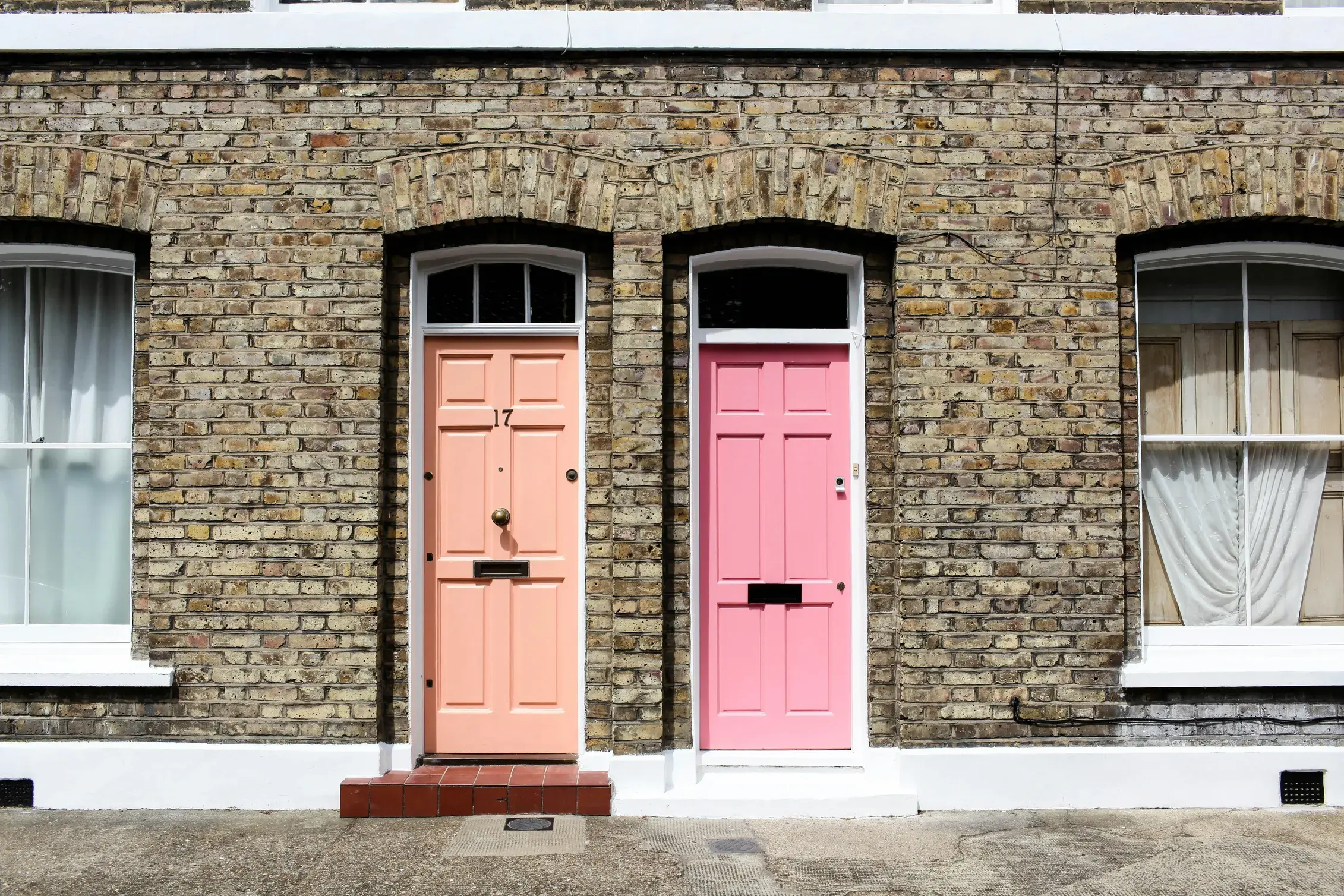How to Stay Safe in Your Rental Property: Tips for Tenants
.webp)
Whether you’re renting a cosy flat in the city, a student house near campus, or a semi-detached home in the suburbs, feeling safe and secure in your rental property is non-negotiable. While it’s easy to assume that safety is solely the landlord’s responsibility, tenants also play a vital role in maintaining a secure living environment. From ensuring doors are locked to knowing your rights under UK law, there’s a lot you can do to protect yourself, your belongings, and your peace of mind. In this guide, we’ll walk you through practical, easy-to-follow safety tips tailored specifically for UK renters—so you can feel more confident, informed, and at home in the place you’re renting.
Understand Your Landlord’s Legal Obligations
Before you can take control of your own safety as a tenant, it's important to understand what your landlord is legally required to provide. In the UK, landlords must meet certain safety standards to ensure the property is suitable for living. This includes gas and electrical safety, fire protection, and maintaining the structure and security of the home. By knowing your rights and what to expect, you’ll be in a stronger position to spot red flags and hold your landlord accountable if necessary.
What to check for:
- Gas safety certificate (annual checks by a Gas Safe engineer)
- Electrical safety report (required every 5 years)
- Smoke alarms on every floor and carbon monoxide detectors in rooms with solid fuel appliances
- Fire-safe furnishings if the property is furnished
- Locks and secure entry systems
If any of these are missing or faulty, you can report it to your local council’s environmental health team, who may carry out a Housing Health and Safety Rating System (HHSRS) inspection.
Change the Locks (If You’re Allowed)
When you move into a rental property, you have no way of knowing who may still have keys. Previous tenants, tradespeople, or even neighbours might still have access. That’s why changing the locks—if you're allowed—can give you peace of mind and a fresh start. It’s one of the simplest but most overlooked ways to take control of your personal security in a new place.
What you can do:
- Ask your landlord to change the locks before moving in or after a tenant changeover.
- If permitted, consider replacing them with a Yale British Standard Nightlatch Lock.
- Add a door chain or bolt for extra security.
Also consider adding a secondary locking mechanism to patio doors or back entrances. If you're in a flat, ensure the communal entrance is secure and only accessible to residents.

Check the Alarm Systems
Alarm systems save lives—but only when they’re present and functioning correctly. It’s easy to assume that all alarms work, but dead batteries, outdated units, or poor installation can leave you vulnerable to fire or carbon monoxide poisoning. As a tenant, it’s your responsibility to test them regularly and your landlord’s duty to provide working systems.
What to look out for:
- Test all alarms monthly using the test button.
- Replace batteries if needed (but report to your landlord if it's a sealed unit).
- Buy a reliable CO alarm if one is not provided.
- Make sure smoke alarms are in hallways, kitchens, and bedrooms, especially in HMOs.
Also be sure that your building has a fire alarm system if you live in a block of flats or shared accommodation. Check that you know what the alarm sounds like and how to respond to it.
Get to Know Your Neighbours
Your neighbours can play a key role in your personal safety. Whether it's noticing unusual activity, collecting your post while you're away, or helping in emergencies, a supportive neighbourly relationship can offer an extra layer of security that no lock or alarm can provide.
How to build neighbourly connections:
- Introduce yourself when you move in. A simple hello can go a long way.
- Offer to exchange contact details for emergencies.
- Ask about any local Neighbourhood Watch schemes via ourwatch.org.uk.
Not only will this boost your sense of community, but it can also make you feel more at ease if something seems off—you’ll have someone nearby to talk to or raise concerns with.

Be Smart About Entryways
Most home break-ins are crimes of opportunity, and unlocked doors or insecure entryways are an open invitation. Whether you’re living in a high-rise block or a terraced house, ensuring your front, back, and side entries are secure is one of the most effective ways to deter intruders.
Simple ways to upgrade entry safety:
- Never buzz in strangers through a communal entrance system.
- Use a spyhole, door chain, or video doorbell like Ring to screen visitors.
- Install a door viewer if your flat doesn’t already have one.
When leaving your home—even for a short trip—double lock your doors and close windows. Opportunistic thefts often occur when tenants nip out "just for a minute."
Secure Your Valuables
No matter how safe your area feels, break-ins can and do happen. But even more common is the risk of theft in shared homes, especially where bedrooms aren't lockable or doors are left open. If you're renting a room or living with strangers, it’s wise to take precautions with your valuables.
How to protect your possessions:
- Use a portable safe box for jewellery, cash, and important documents.
- Lock your bedroom door when you’re out, if your tenancy permits it.
- Consider a lockable drawer cabinet for added peace of mind.
- Get tenants’ contents insurance to cover electronics, bikes, and more.
Document your belongings by taking photos and noting serial numbers. This can be invaluable for police reports or insurance claims if anything is stolen.
Report Repairs Promptly
Sometimes it’s not what you can see that poses a danger—it’s what’s broken, damaged, or left unchecked. A faulty lock, broken light fitting, or mouldy ceiling might seem like an inconvenience, but these can become serious hazards over time.
Steps for effective reporting:
- Report safety issues as soon as you notice them—don’t wait.
- Always use email or your agent’s repair platform like Fixflo to create a paper trail.
- For major issues, follow up with photos and keep a copy of your messages.
Your landlord is responsible for resolving safety-related repairs quickly. If they fail to act, escalate to your local council’s private housing team. Find out more about landlords' responsibilities when it comes to making repairs in a rented home.

Stay Fire-Safe
Fires are one of the most devastating (and preventable) threats in a rental property. Most begin in kitchens, but faulty wiring, unattended candles, and overloaded sockets are also major causes. Fire safety isn’t just about having alarms—it’s about developing safer habits too.
Fire safety essentials:
- Keep a fire blanket in the kitchen for grease fires.
- Have a multi-purpose fire extinguisher available if your landlord hasn’t provided one.
- Use a surge-protected extension lead instead of daisy-chaining plug sockets.
Most importantly, familiarise yourself with the escape route. Are fire exits blocked? Does the front door open easily? These things matter in a real emergency.
Be Cautious with Strangers
It’s easy to let your guard down, especially if someone claims to be from a utility company or the council. But not everyone is who they claim to be, and gaining entry to homes under false pretences is a common tactic.
How to protect yourself:
- Always ask for ID from tradespeople or council reps.
- Confirm with your landlord or managing agent before letting anyone in.
- Use your spyhole, door chain, or video doorbell to speak with visitors before opening the door.
If something feels suspicious, don’t let them in—you’re within your rights to refuse entry unless they have a valid reason and you’ve been notified in advance.
Final Thoughts
Renting a property should never mean compromising on your safety. With a little know-how, some low-cost equipment, and a proactive attitude, you can drastically improve your security and peace of mind. Whether you're a first-time renter or a long-term tenant, these steps will help you feel more confident and secure in your home.
